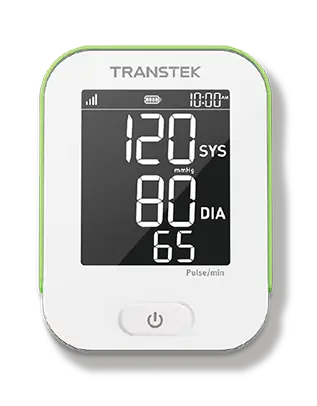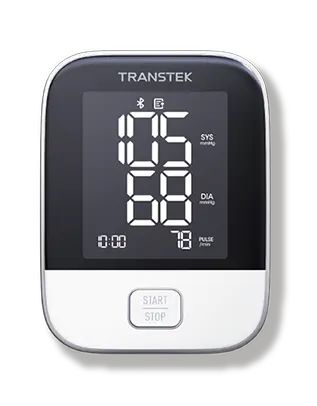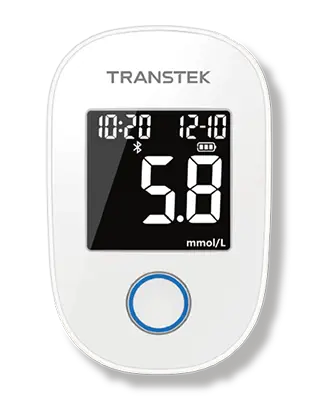
Clinicians have found that wearable technology in healthcare has the greatest benefit in healthy lifestyle decision-making to prevent disease. Nurses or doctors can tell patients in the annual health examination that they need better diet and exercise, but they cannot track patients for the other 364 days of the year.
With wearable health tech, healthcare providers are allowed to provide some work for their patients, who can program their goals into devices and have reminders every day. Wearable health technology in healthcare is used to supplement doctors’ care, rather than replace it. Although there are some applications for specific conditions (such as blood glucose monitoring applications for patients with diabetes), most of the benefits focus on lifestyle choices.
Wearable health tech allow data to be automatically collected digitally, so patients may not need to keep manual data records. They have less pressure to recall these information in the future. Importantly, the use of wearable health tracker can also help reduce the need for clinical visits and allow participants to gain a greater degree of independence. This increases the possibility that patients will or can participate in the trial and helps the trial to be completed on time, without the limitation of data collection.
As the outbreak of has shown, supply chains and manufacturing processes are critical to limiting the impact of logistics constraints and supply reductions on clinical trials. Wearable health tech plays an important role even at home, allowing researchers to focus on the treatment results of patients.
The environment for clinical trials is constantly developing and becoming more decentralized. Healthy wearable devices provide valuable data collection to supplement more traditional research methods. They provide accurate remote results, enabling researchers to personalize treatment for specific patient groups. In addition, the use of healthy wearable devices and remote sample collection in clinical trials provides participants with a safer and more convenient experience, and can encourage patients to register and participate in future trials.
Research on the application of healthy wearable trackers involves the field of treatment, including asthma, cancer, schizophrenia and diabetes. Examples as follows:
Live quality tracking
In 2018, a team from Comprehensive Cancer Research Institute-Cedars-Sinai Samuel Oschin- used wrist trackers to monitor a group of patients with terminal cancer within six months. The research results show that healthy wearable tracker can help evaluate the patients’ life quality and provide more accurate and continuous medical monitoring. These devices also reduce the risk of bias and make it possible to carry out early intervention and improve treatment results when necessary.
Virtual test of cardiac drugs
Yang Sen announced at the end of 2019 that they would conduct the first fully virtual clinical trial. The CHIEF-HF trial aims to evaluate the use of Invokana (canagliflozin) in adult heart failure. Smart technology and healthy wearable trackers will be used to collect and analyze data, and participants will participate in the study through smart phones.
+86-0760-85702291







